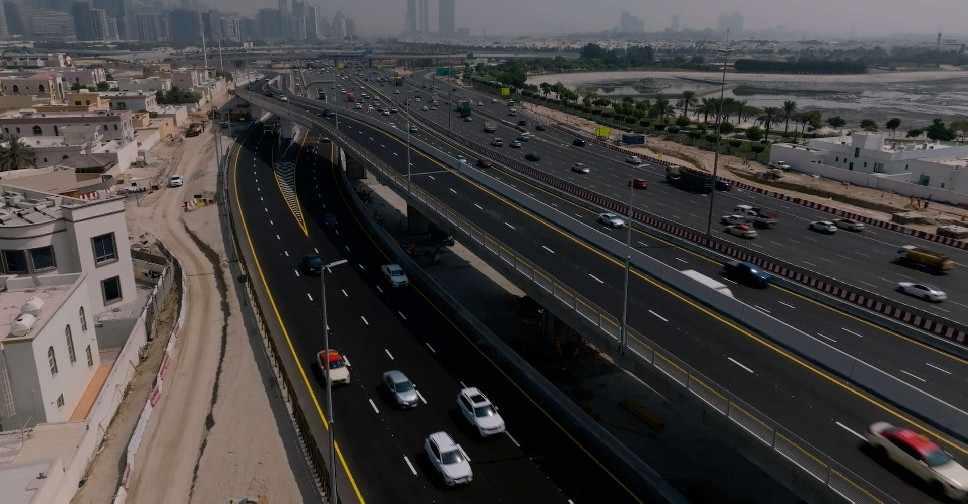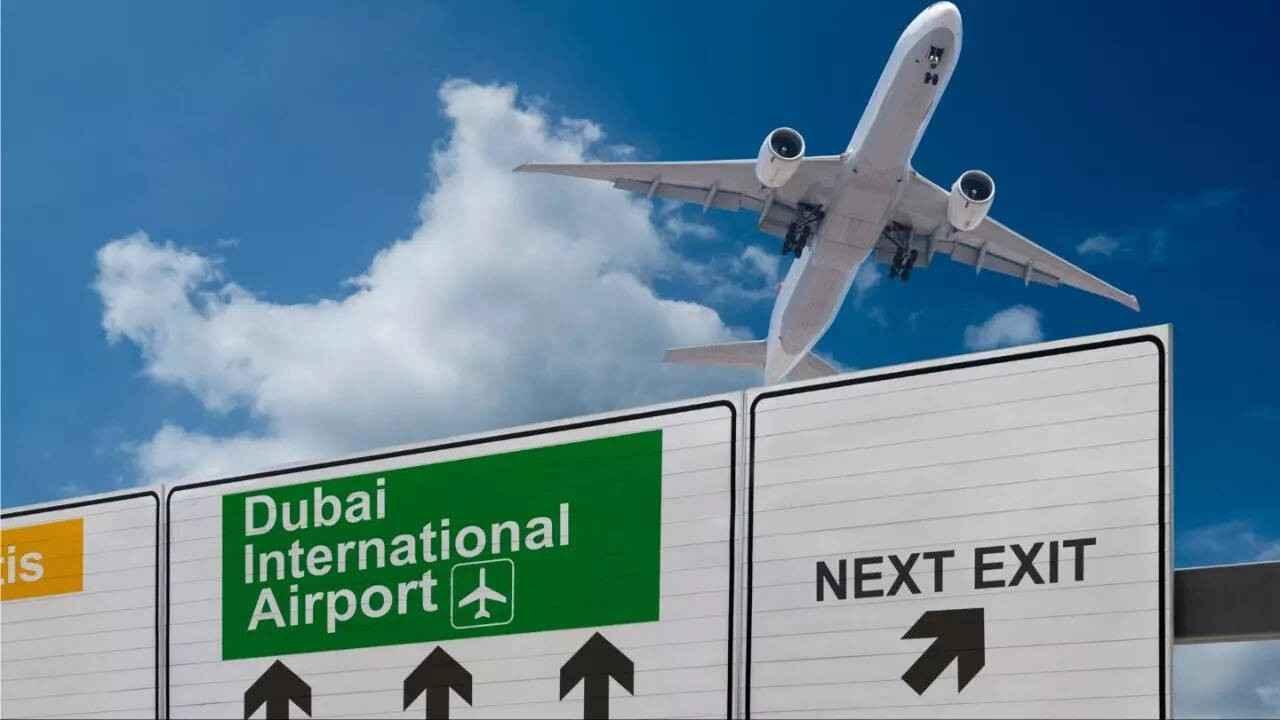Dubai's Transportation Revolution: 9 Futuristic Projects Set to Reshape Commuting by 2030
Dubai is launching a monumental overhaul of its transportation network, investing in nine high-impact projects designed to slash travel times, eradicate congestion, and create a seamless, multi-layered mobility system. This strategic push blends massive road upgrades with futuristic technologies, positioning the city as a global leader in urban transit.
1. National Road Network Upgrade (Dh170 Billion)
A massive federal investment of Dh170 billion will expand the UAE's road capacity by 2030. Key projects include widening Emirates Road to ten lanes—increasing its capacity by 65% and cutting travel times by 45%—and significantly expanding Sheikh Mohammed bin Zayed Road. This forms the foundational layer of the city's transport strategy.
2. The Underground “Dubai Loop”
In a partnership with Elon Musk's The Boring Company, Dubai is developing an underground transportation network. Dubbed the Dubai Loop, this system of weather-proof tunnels is designed to bypass surface traffic entirely, offering high-speed point-to-point travel. The project is on track for a launch in the second quarter of 2026.
3. Flying Taxis by 2026
Dubai is taking to the skies with the launch of an electric vertical take-off and landing (eVTOL) service. In partnership with Joby Aviation, these flying taxis will travel at speeds over 300 km/h, connecting the airport to key urban hubs in under 30 minutes. The necessary vertiport infrastructure is already under development.
4. Inter-Emirate Rail Services (Etihad Rail)
The Etihad Rail project will launch passenger services by 2026, revolutionizing travel between emirates. A trip from Abu Dhabi to Dubai will take approximately 57 minutes, with future high-speed links aiming to reduce this to just 30 minutes. This will provide a fast, reliable alternative to car travel.
5. Dubai Metro Blue Line (Dh56 Billion)
The newly announced Dubai Metro Blue Line, valued at Dh56 billion, is a cornerstone of the city's public transport expansion. Set to be operational by September 2029, it will extend the metro network to 131 km with 78 stations, serving key residential and commercial areas and is projected to reduce road congestion by 20%.
6. Strategic Road Upgrades
Targeted road upgrades are already delivering dramatic time savings across the city:
- Trade Centre Roundabout: Travel time reduced from 6 minutes to just 1 minute.
- Al Qudra Street: Capacity tripled and travel time cut from 9.4 minutes to 2.8 minutes.
- Umm Suqeim Street: Travel time slashed by 61%, from 9.7 minutes to 3.8 minutes.
7. Smart Traffic Systems with AI
Dubai is deploying a Vehicle-to-Everything (V2X) smart traffic system between 2027-28. This AI-powered network allows vehicles to communicate directly with traffic signals, optimizing signal timing in real-time to reduce congestion and enhance road safety.
8. Trackless Tram Network
A flexible new "trackless tram" system will be introduced. These electric, autonomous vehicles, guided by GPS and LiDAR, can carry up to 300 passengers and travel up to 100 km on a single charge. They offer the capacity of a tram with the routing flexibility of a bus.
9. The '20-Minute City' Vision
Underpinning all these projects is Dubai's ambitious "20-Minute City" vision. The goal is to enable residents to access 80% of their daily needs—work, retail, healthcare—within a 20-minute journey using sustainable transport like walking, cycling, and public transit.
Also Read: Muraba Veil: Dubai's New 380-Meter Ultra-Slim Skyscraper Redefining Luxury
Why This Transportation Transformation Matters
Collectively, these nine projects represent a fundamental shift in Dubai's urban planning. They are not just about adding infrastructure but about creating a smarter, more connected, and sustainable city. For residents and visitors, this means less time stuck in traffic, more reliable commute options, and a significantly enhanced quality of life.




